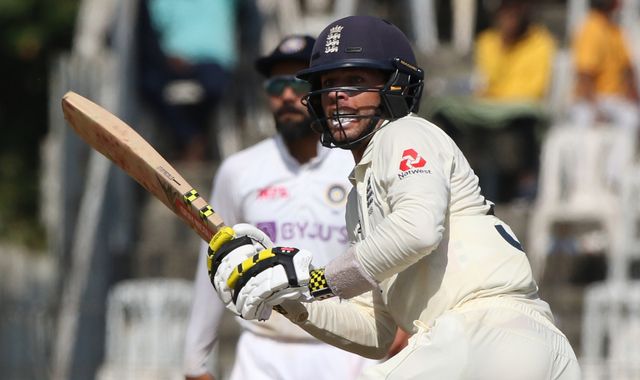FA bans primary school children from heading in training
Written by News on 24/02/2020
Primary school children will no longer be able to head a football in training under new guidelines released by the English, Northern Irish and Scottish Football Associations.

The three football associations issued a statement on Monday morning confirming changes to their heading guidance, which come in the wake of the FIELD study which showed former footballers were three and a half times more likely to die of neurodegenerative disease than age-matched members of the general population.
The changes stated there would be no heading at all in the “foundation phase” – primary school children – and a graduated approach to heading in training in under-12s to under-16s football.
There will be no change in terms of heading in matches, taking into consideration the extremely limited number of headers which actually occur in youth matches.
The FIELD study did not state that heading a ball was the cause of the increased prevalence of neurodegenerative conditions among footballers, but the decision to update the guidelines has been taken to “mitigate against any potential risks”, the FA said in a statement.
FA chief executive Mark Bullingham said: “This updated heading guidance is an evolution of our current guidelines and will help coaches and teachers to reduce and remove repetitive and unnecessary heading from youth football.
“Our research has shown that heading is rare in youth football matches, so this guidance is a responsible development to our grassroots coaching without impacting the enjoyment that children of all ages take from playing the game.”
The associations said the guidance had been produced in parallel with UEFA’s medical committee, which is seeking to produce Europe-wide guidance later this year.
Irish FA chief executive Patrick Nelson said: “Our football committee has reviewed and approved the new guidelines.
“As an association we believe this is the right direction of travel and are confident it will be good for the game, and those who play it.”
Scottish FA chief executive Ian Maxwell said: “While it is important to re-emphasise there is no research to suggest that heading in younger age groups was a contributory factor in the findings of the FIELD study into professional footballers, nevertheless Scottish football has a duty of care to young people, their parents and those responsible for their well-being throughout youth football.
“The updated guidelines are designed to help coaches remove repetitive and unnecessary heading from youth football in the earliest years, with a phased introduction at an age group considered most appropriate by our medical experts.
“It is important to reassure that heading is rare in youth football matches, but we are clear that the guidelines should mitigate any potential risks.”
‘A logical step, but more research needed’
Professor Willie Stewart, the lead academic on the FIELD study, welcomed the move but believes ultimately the game’s governing bodies must go further.
He said: “I’m encouraged to see these changes being made in FA, SFA and NIFA youth football.
“A lot more research is needed to understand the factors contributing to increased risk of neurodegenerative disease in footballers. Meanwhile it is sensible to act to reduce exposure to the only recognised risk factor so far.
“As such, measures to reduce exposure to unnecessary head impacts and risk of head injury in sport are a logical step.
“I would, however, like to see these proposals introduced as mandatory, rather than voluntary at present, and a similar approach to reduce heading burden adopted in the wider game of football, not just in youth football.”
‘Should it be limited to children?’
The new guidelines were welcomed by Headway, the brain injury association, but it questioned why the ban should be limited to children.
“In light of the robust research conducted by the University of Glasgow linking football to degenerative neurological conditions, it seems entirely sensible to limit the number of times children are allowed to head footballs,” said Peter McCabe, Headway chief executive.
“The question is, is this enough? Should it be limited to children?
“We cannot allow for key questions to remain unanswered, such as at what age is it safe to head a modern football – if at all? Neither can we afford to wait 30 years for the results of a longitudinal study to reveal the answers or hesitate to introduce other common sense measures that protect players – such as concussion substitutes.
“More and more research is now emerging showing differences in brain functioning immediately following football matches or heading practice.
“Football has to be willing to react to this growing body of evidence and not solely rely on dementia diagnoses when assessing the relative risks of heading footballs compared to the wider health benefits we know playing sports brings.”
(c) Sky Sports 2020: FA bans primary school children from heading in training






